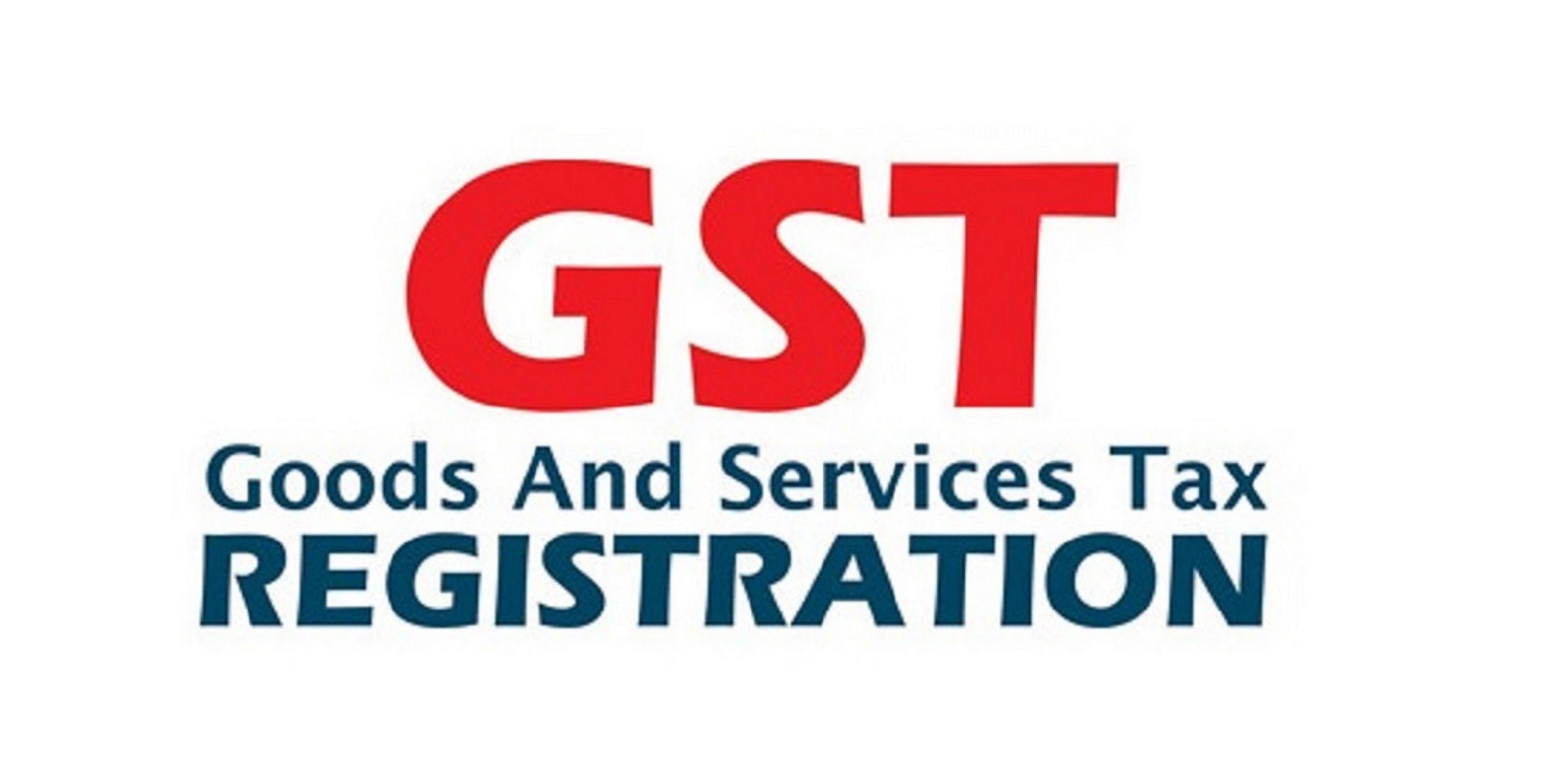The Ultimate Overview to Streamlining the GST Registration Process and Demands for Small Company Owners

Recognizing GST Basics
To understand the principles of the Item and Solutions Tax (GST) system, small company proprietors need to first recognize its underlying implications and concepts. GST is a value-added tax imposed on the majority of items and services for residential consumption. It aims to streamline the taxes process by replacing numerous indirect tax obligations imposed by the state and main governments. Under the GST regimen, services are required to register and collect tax in support of the federal government, making sure openness and conformity.
Among the key concepts of GST is input tax credit score, which permits services to assert credit for tax obligations paid on their purchases. This system prevents the plunging impact of tax obligations and advertises performance in the tax system. Additionally, GST is a destination-based tax, suggesting that the tax obligation is imposed at the factor of consumption rather than the factor of origin. This guarantees fair circulation of tax obligation income among states based upon where the products or solutions are eaten. Recognizing these fundamental concepts is important for small service proprietors to navigate the complexities of the GST system and ensure compliance with the law.
Qualification Requirements for Registration
Having actually established a fundamental understanding of GST concepts, little company owners need to now meet specific eligibility requirements to continue with the registration procedure (Singapore GST Registration). Services that were signed up under the previous tax regime (BARREL, solution tax, etc) are likewise mandated to register under GST. Farming services that only supply produce out of main manufacturing are excluded from GST enrollment.
Files Required for GST Enrollment

Simplified Registration Refine Steps
Complying with the collection and verification of the requisite papers, the enrollment process for GST can be browsed via a series of streamlined steps made to assist in efficient compliance for small company proprietors. The very first step entails checking out the GST portal and picking the 'New Registration' alternative. Consequently, the applicant must fill out Part A of the GST REG-01 type with details such as PAN, mobile number, and email address to obtain an OTP for verification. As soon as the OTP is obtained and entered, a Short-term Referral Number (TRN) is generated for additional proceedings. The following action requires filling up out Part B of the form with essential business information, posting supporting records, and finishing the confirmation procedure making use of DSC or EVC. Upon effective verification, an Application Referral Number (ARN) is issued, showing the conclusion of the GST enrollment procedure. By adhering to these simplified actions, small business owners can properly register for GST and ensure compliance with visit our website tax regulations.
Tips for Ensuring Conformity
To keep discover this info here regulatory adherence and functional stability, thorough oversight and aggressive actions are essential in making sure conformity with GST demands for little service proprietors. Small company proprietors have to stay updated with GST policies, filing deadlines, and any type of changes in tax prices to prevent charges and keep an excellent standing with tax obligation authorities. Going to GST understanding workshops or training programs can boost understanding and conformity with GST policies, ultimately profiting the company in the lengthy run.
Final Thought
Finally, small company owners should comprehend the fundamentals of GST, satisfy the qualification standards, collect needed records, and adhere to the simplified enrollment process actions to make certain conformity. By streamlining the GST registration procedure and requirements, small business owners can stay clear of penalties and operate their organizations efficiently within the legal structure - Singapore GST Registration. It is crucial for small company owners to stay compliant and educated with GST regulations to preserve a successful business operation
Tiny company proprietors looking for GST registration should guarantee they gather and submit the essential papers to complete the registration process efficiently. The documents required for GST registration typically include evidence of company enrollment or unification, PAN (Permanent Account Number) card of the company identification, address and entity proof of the promoters/partners/directors, photos, address evidence of the place of company, financial institution account view publisher site statements or terminated cheques, and consent forms. Participating in GST understanding workshops or training programs can improve understanding and compliance with GST regulations, eventually profiting the organization in the long run.
By streamlining the GST registration procedure and needs, tiny organization owners can avoid charges and operate their services efficiently within the lawful framework. It is critical for little service proprietors to stay enlightened and certified with GST policies to maintain a successful company procedure.